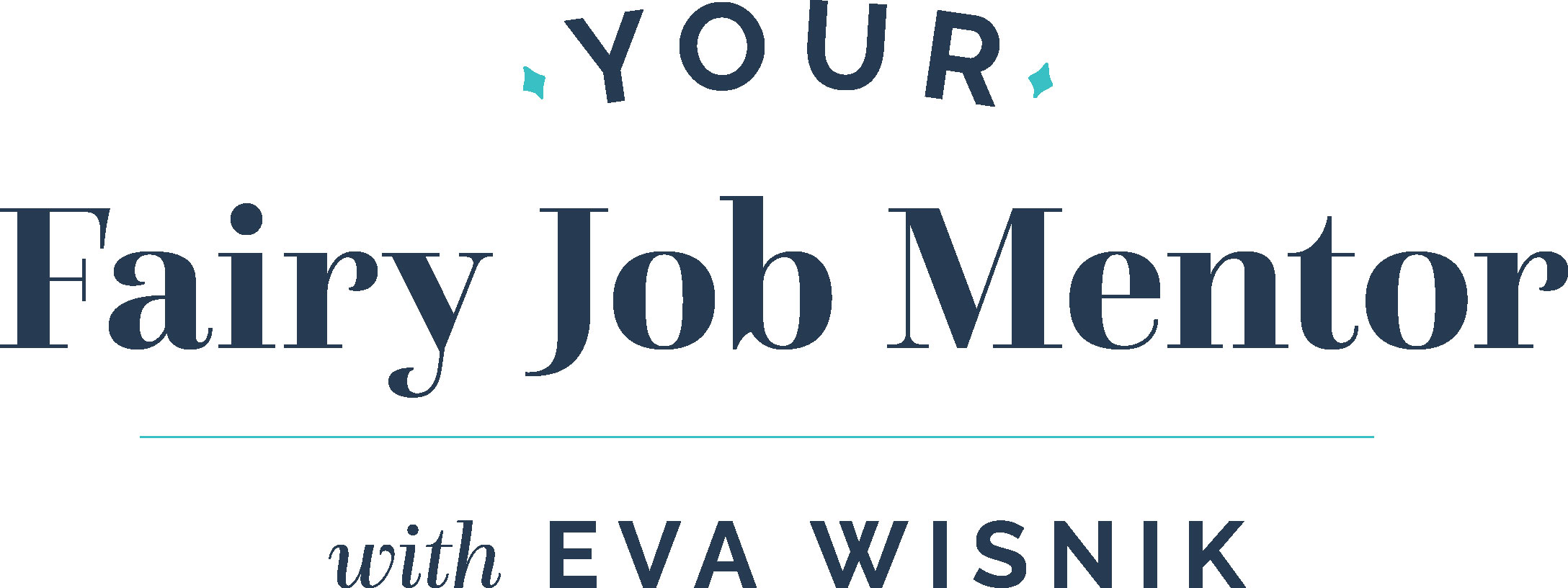Biggest Mistakes Young Professionals Make and How to Avoid Them
During my decades of experience as a recruiter, I’ve surveyed and spoken with hiring managers to learn the biggest mistakes made by the young professionals on their teams. Based on these surveys and conversations, I am sharing the three biggest mistakes new hires make and my advice on how to avoid them!
Mistake #1: They show their unhappiness when they have to do grunt work. Whether as an intern or a junior person on the team, it is likely that you will be asked to do work that is boring or repetitive. Bosses notice when you look reluctant or unhappy when given a mundane assignment.
How to avoid this mistake: While grunt work may feel frustrating, it’s likely necessary for a project to be completed. Instead of displaying disappointment over the assignment, focus on producing an impressive deliverable and inspiring their confidence. Your positive attitude and team-player mentality will reflect well on your reputation and likely result in future opportunities that are more challenging.
Mistake #2: They aren’t responsive. Bosses frequently tell me junior members of their team don’t respond to emails. Surprisingly, I learned that some young professionals prefer to respond
to emails once they have an answer to the question asked or once they’ve completed the assignment their boss emailed about. This lack of responsiveness may lead the supervisor to conclude that you didn’t receive the email or lack the professionalism to respond in a timely manner.
How to avoid this mistake: Instead of waiting to respond when you have an answer or have completed the assignment, you should respond to the email soon after receiving it. If you don’t
have an answer to their question, you can say, “I will look into this and get back to you by this afternoon.” Your responsiveness, even if you don’t have an answer, demonstrates that you are a reliable team-member they can count on.
Mistake #3: They don’t communicate about processes. Interns or young professionals too often approach their professional work like academic work. For example, in school you receive an assignment, go off independently to complete it and hand in the final product to the professor. Whereas at work, there’s an expectation that you will communicate and clarify throughout the process, keeping your supervisor in the loop and asking relevant questions as the project
progresses.
How to avoid this mistake: Communicating effectively about your work will require regular check-ins. For example, before you dive into the project and after you have put together a plan,
you may realize that you have questions that weren’t originally apparent. It will be beneficial to go back to your manager and clarify these questions before diving in. In addition, if it’s a long-
term project, it would reflect well on you to give status updates weekly and ask if there’s any additional information you should be incorporating into the final product.
I hope that by learning about other young professionals’ biggest mistakes you are able to avoid them! I am confident that by being enthusiastic even with grunt work, responsive to emails, and
communicative throughout assignments you can impress your boss and contribute to your team! For more examples of what bosses love and how you can stand out and exceed expectations, check out Chapter 10 of Your Fairy Job Mentor: Secrets for Success.

